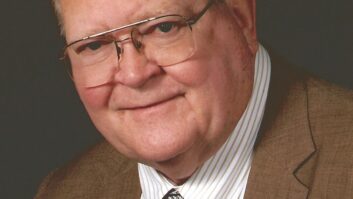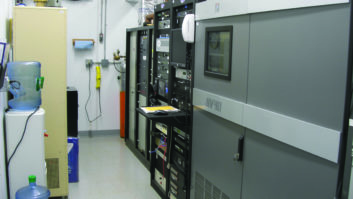Call him the FCC’s top cop. Axel Rodriguez is the new field director of the Federal Communications Commission Enforcement Bureau.
His job: “leading the bureau’s field office staff in its work combating harmful interference to authorized uses of the airwaves, supporting restoration of communications after disasters, and investigating rule violations and other illegal activities.” The field director oversees 13 field offices that investigate rule violations.
[Read: FCC’s Pai Taps Rosemary Harold to Head Enforcement Bureau]
The commission noted in the announcement, “Field agents are the eyes and ears of the commission across the country, and their work is crucial to ensuring that wireless communications operate as expected.” The first field director, Charles Cooper, was named in 2015 at a time when the FCC was in the process of closing 11 of what had been 24 field offices. Most recently, Ron Ramage, regional director in Region 2, had filled the post in an acting capacity.
The Rodriguez announcement was made by Rosemary Harold, chief of the Enforcement Bureau. He started in the role in late September.
“Because of his earlier work at the commission, Axel knows how the latest wireless devices are supposed to work in the real world,” she said in the statement. “And thanks to his military service and intelligence work, Axel has considerable understanding of many private and government uses of the spectrum, including terrestrial wireless, broadcasting, and satellite operations.”
Since 2013 he’s been a supervisor in the FCC’s Office of Engineering and Technology lab. Before that he was an electronics engineer at the Defense Information Systems Agency, the Johns Hopkins University Applied Physics Lab and the Army Research Laboratory’s Directed Energy branch. “Mr. Rodriguez also has two decades of both active duty and reserve experience in the U.S. military including as a cyberwarfare officer, communications director, and battalion signal officer.”
He has a bachelor’s degree from Lehigh University and master’s degrees in engineering and electrical engineering from the University of Maryland and George Washington University respectively.







